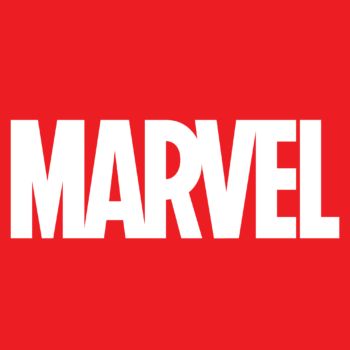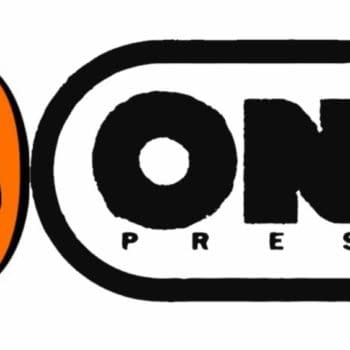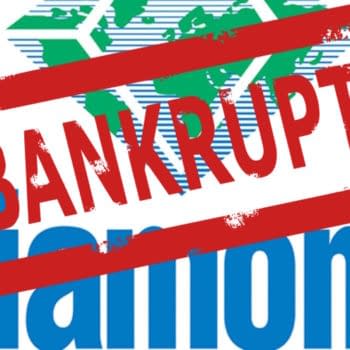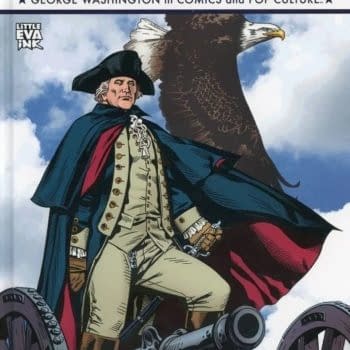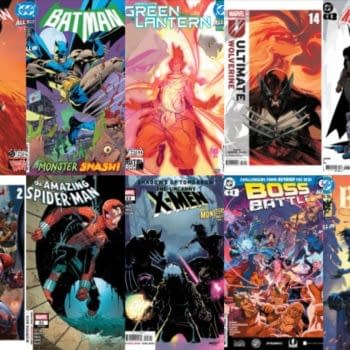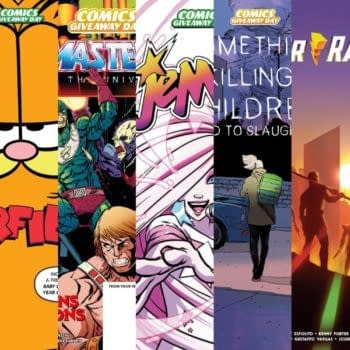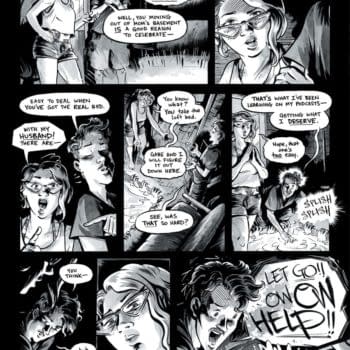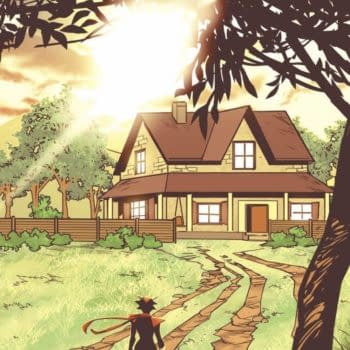Posted in: Comics | Tagged: comic con, Comics, dice, dublin
Breaking Into Comics Part Three: Staying in
 Colin O'Mahoney writes for Bleeding Cool;
Colin O'Mahoney writes for Bleeding Cool;So you've made it. Probably as a result of reading Breaking Into Comics part one and part two. But now that you're there, you want to make sure you stay there. Not everybody working in comics today will be there tomorrow. The industry is littered with those who were once going to be 'the next big thing', but disappeared after only a handful of issues. If you want to keep getting opportunities for more work, to have a lasting career in the medium, then read what seasoned pros have to say about staying in comics. A lot of what you will read below is simply good work practice, and it's the type of thing to introduce now, if you can.
Part of the advice offered in part 1 was the amount of hours an aspiring artist should put in. Will Sliney (illustrator on Star Wars: The Clone Wars) suggested 5 hours as a rule of thumb. While that is enough to get you started, if you are a working artist that might just be the tip of the iceberg. Although working hours are generally a matter of choice, you will hear a lot about discipline from the professionals. Angel and C.S.I. artist Stephen Mooney puts in 8-12 hours a day, and this is what he reckons puts him above 'better artists' than him, stating that discipline is 'just as important as talent'. To balance this, Venom and Northlanders artist Declan Shalvey stresses the importance of 'knowing your limits'. Don't take on work you can't complete on time. If an editor calls you to work on a book and you turn him down, this will not damage your reputation. Nobody minds honesty and professionalism. If on the other hand you get the same call, and take on the work without considering if you have the time, you can end up in trouble. Blown deadlines and rushed work will seriously damage your standing with editors, and can hasten your exit from working in comics. It's fine for Jim Lee or Frank Miller to be months late on a book, but if you're still making a name for yourself, it can finish you.
On the flip side of this, being early with your work can make you an editor's best friend, whether you're submitting scripts, pencils or inks. If you make an effort to be early, to be helpful, and to work well with everyone, you will be the guy the editor wants on the book, and on their next book as well. Marvel Editor Lauren Sankovitch stresses that while you're never going to be friends with everyone you work with, it is important that you can be a professional. Marvel's Talent Editor CB Cebulski sums all this up nicely by saying 'your talent is going to get you in the door, your attitude will keep you in'.
In addition to the importance of professionalism and discipline, it is crucial that you develop as a creator and find your own style. In this respect, there is a fine line between inspiration and imitation. If the work of Jim Lee inspires you; great. But if your best work is just an imitation of his style, you are severely limiting yourself. Sure, you might get work as a fill-in, but it won't take you much further than that. Again, CB Cebulski put this point best: 'Marvel already has a Humberto Ramos, we don't need another one'. So make your style your own. Bring inspiration from outside the medium. Go to galleries, look at animation. If you are a writer, you can best learn your trade by reading outside of comics. Bring influences from novelists, short stories, T.V. If you are only drawing from comics, you will never bring anything new to comics. In the words of Declan Shalvey, Venom and Northlanders penciller; 'Unless you're doing something new and different, you won't have a long career'
Do your best to think long term. Take on the work that will get you noticed, that will take you further in the industry. Declan Shalvey was working on UK graphic novels and being paid well for it when Boom! Studios offered him work at a lower pay rate. But knowing that an American publisher was more likely to get him noticed, he took the work, and it broke ground for him with U.S. comic publishers. Stephen Mooney was getting a lot of work with IDW but mostly on movie and T.V. licenses. Worried that this would pigeon-hole him as the 'go-to guy' for that kind of work, he took six months off to work on a creator-owned book; Half Past Danger. Although not out yet, the publicity it is already generating is likely to make him a seriously big name in comics.
The final word for this series goes to Stephen, and it's something to remember when you are trying to break into comics. Speaking about the work you have to put in to achieve your goal:
'It's well worth the prize, but it's a bitch to get there'
Thanks again to the organisers of D.I.C.E. and all the participants in the panels over the weekend, too numerous to list here, who all gave generously of their time to help aspiring creators.






